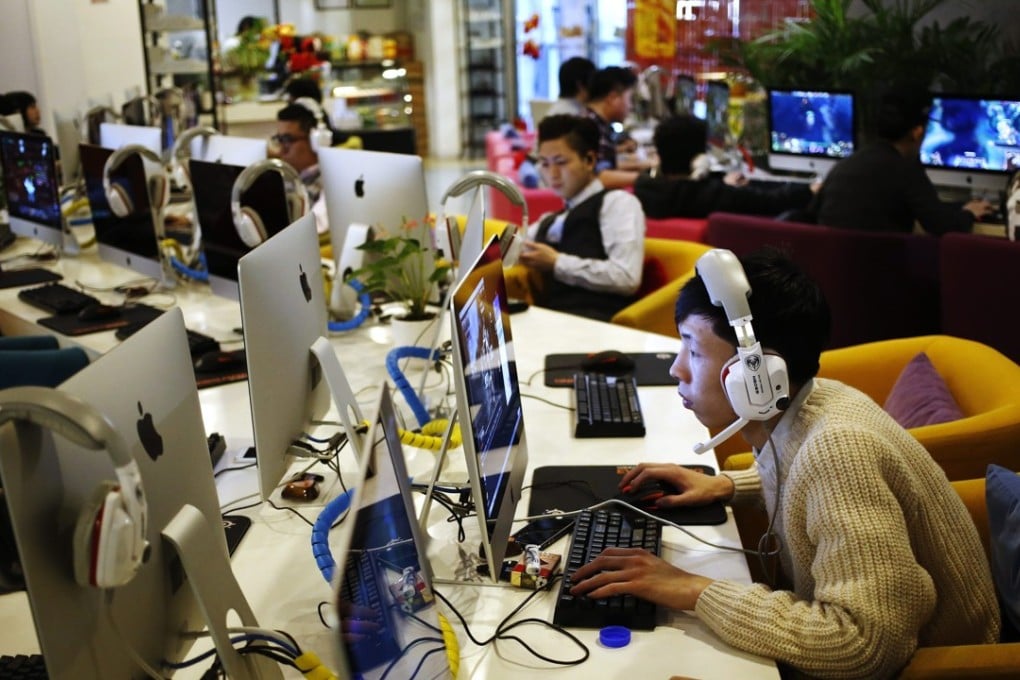Opinion | China is in the kind of technology bubble that helps local firms. Will it last?

China’s technology sector is in a bubble – but not the kind that erases huge fortunes when it bursts. This bubble, imposed by the Chinese authorities in Beijing in the form of the censored, closed internet also known as the Great Firewall, has stymied efforts by the world’s second-largest economy to create truly innovative breakthroughs.
Various commentators of late have written about how China has “won” against Silicon Valley or has caught up with it.
What they often don’t mention is that BAT were born, survived and thrived in a protected market, which is the other aspect of the bubble. It keeps competitors out, as well as restricting the free flow of information.
Recent examples include live streaming companies, and so-called knowledge payment services that offer online comedy, investing tips, beauty advice for a fee.

